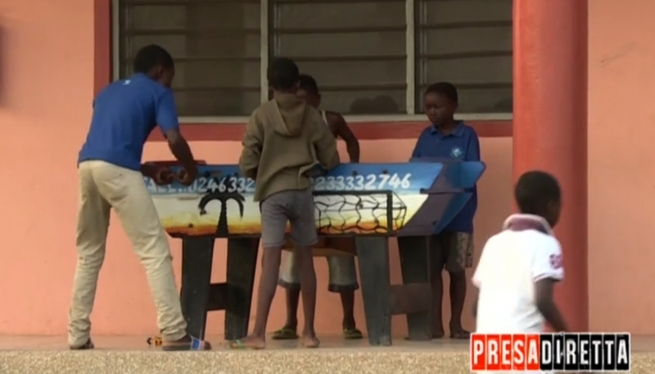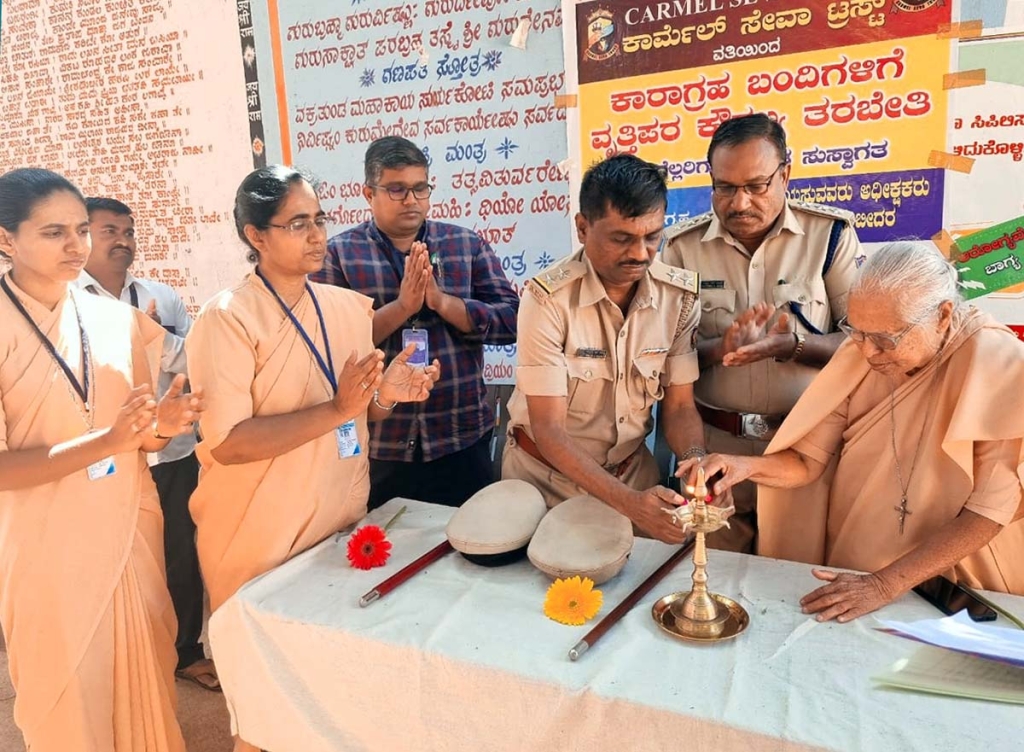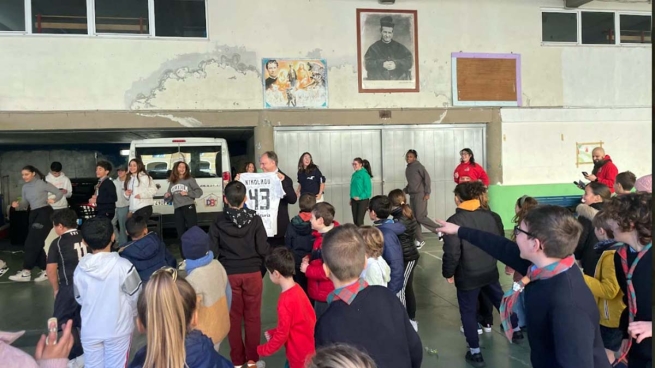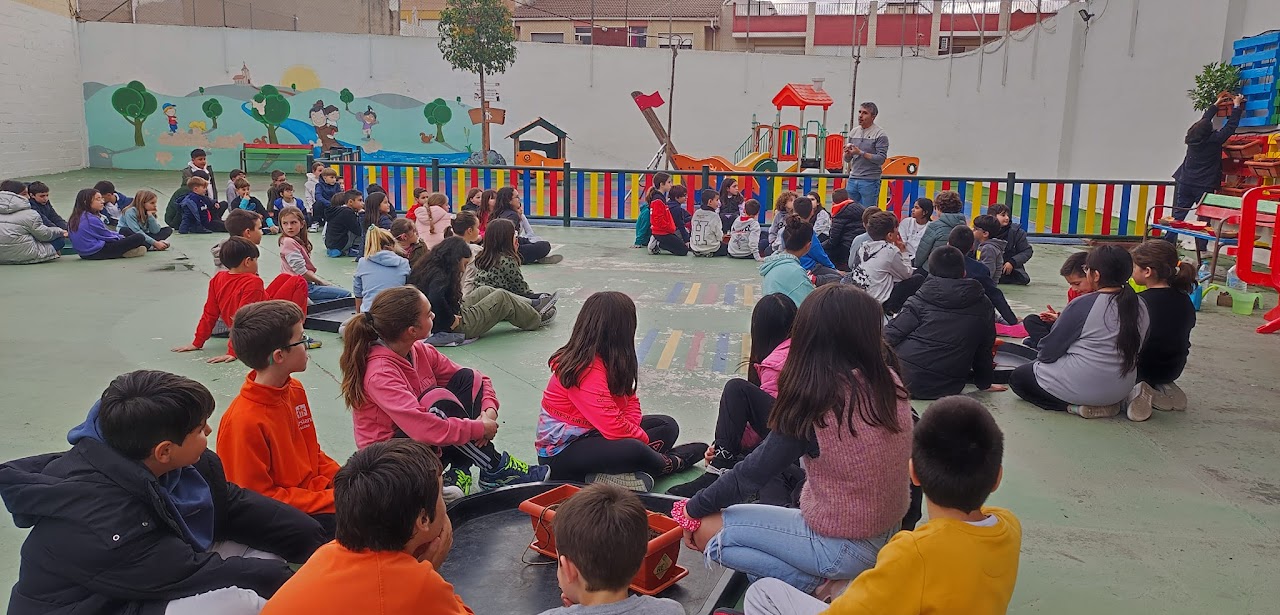GHANA: Salesian missionaries provide shelter and education for victims of trafficking at Child Protection Center

(MissionNewswire) Salesian missionaries operate the Child Protection Center, a safe place for children who have been saved from the slave trade, located in Accra, Ghana’s capital city. Children come to the Child Protection Center via referrals from other nonprofits and from the police, usually following a complaint.
The center offers shelter, counseling and education to help children make the transition out of trafficking and into long-term recovery. Often arriving at the center injured, with low self-esteem and little hope for the future, many become comfortable and settled into their new surroundings within a few weeks.
Father Silvio Roggia, who has been working in Ghana for 20 years, is involved with the work at the Child Protection Center. He says, “The Child Protection Center is a home for those who find themselves overnight without chains, but with terrible internal wounds to heal and a life to be revived after months and years of hell.”
“The phenomenon of child slavery is unfortunately widespread in that African region,” says Fr. Roggia. “It’s been happening for years. Twenty years ago, when I traveled by land between Nigeria and Ghana, passing through Benin and Togo, at the borders you could see the posters of organizations that warned against the trafficking of children, sold for years and used in cocoa plantations as labor at zero cost from unscrupulous bosses.”
Child trafficking later spread to the fishing and herding sectors and then opened up to foreign criminal circuits. To help address the needs of youth who are victims of trafficking, Salesian missionaries launched the Child Protection Center. The center now stands on land donated by Inna Marian Patt, the winner of Miss Ghana 2004. Patt wanted a structure to be built that was dedicated to the most disadvantaged young people and after connecting with Salesian missionaries, that dream came true.
After police rescue children from trafficking, it is essential they are connected to services that offer both psychological and social recovery as soon as possible. At the Child Protection Center, children access these services, are taught to read and write and receive a proper school education. When they are ready, they are able to access the technical education and support they need to find and retain work.
“You see the miracles,” adds Fr. Roggia. “Children who had lost their ability to talk because of the trauma they were subjected to immediately begin once again to communicate. Those who were sentenced to years of total isolation resume socializing.”
The first Salesian missionaries in Ghana arrived in 1992 in the city of Sunyani and soon became known for their educational work, especially for at-risk children and victims of trafficking. Children face extensive hardships ranging from being exploited in child labor to being sold by their relatives, often to pay off a debt. In the Lake Volta region, it is estimated that there are approximately 21,000 children and teen laborers who have been prevented from attending school.
While Ghana’s economy continues to improve, nearly 45 percent of the population lives on less than $1 a day, according to UNICEF. Ghana ranks 139 out of 188 countries on the United Nations Development Program’s 2015 Human Development Index. Rural poverty remains widespread in the dry savannah region that covers roughly two thirds of Ghana’s northern territory. Small-scale farms suffer from a lack of infrastructure and equipment, both of which are needed to shift from subsistence farming to more modern commercial farming which would yield greater incomes and a chance to escape poverty.
###
Sources:
ANS Photo (usage permissions and guidelines must be requested from ANS)
ANS – Ghana – Preventive System as answer to “child trafficking”
UNICEF – Ghana




